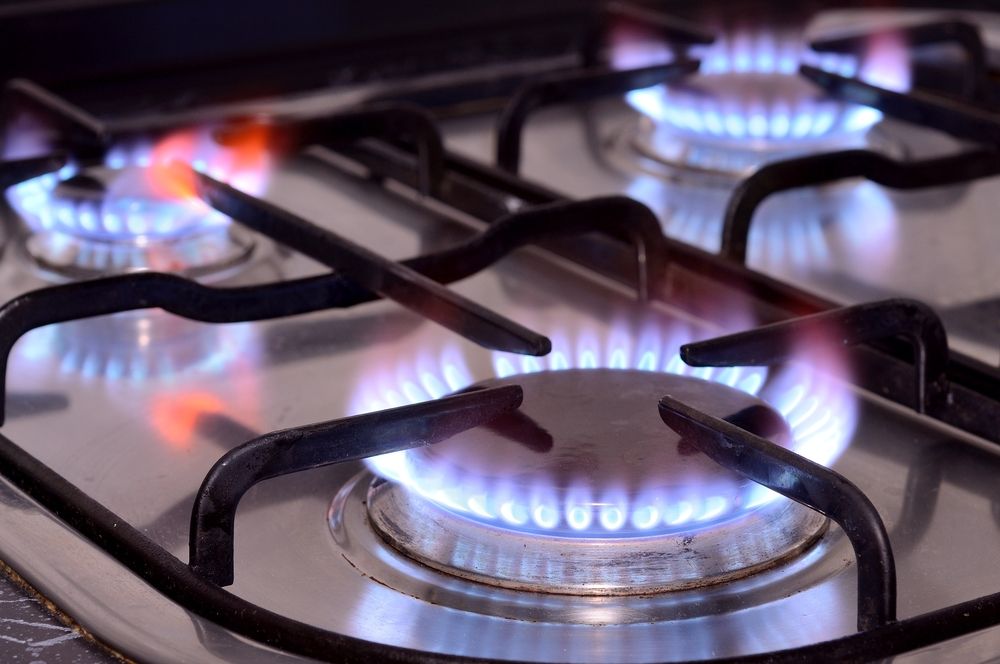Gas stoves commonly used in households can release the harmful chemical benzene, which is linked to cancer, researchers from Stanford University have found. The amount of benzene emitted from the gas-powered stoves can be even higher than secondhand cigarette smoke.
The study, published in the journal Environmental Science and Technology, assessed gas stoves in 87 households throughout California and Colorado. It was found that gas or propane stoves generated more benzene than their electronic alternatives.
The Centers for Disease Control and Prevention (CDC) warns prolonged exposure to benzene can lead to the development of blood cancer. Gas stoves have gained notoriety for potentially causing childhood health issues due to benzene leakage.
When the research team narrowed down the search to 17 homes with 33 different burners or ovens, they found turning the gas or propane burners to high heat or setting the ovens at 350 degrees Fahrenheit for 45 minutes increased the levels of benzene in the kitchens.
About 29% of kitchen benzene emissions were even higher than the amount of benzene inhaled during passive smoking. This is concerning because it means the benzene levels in those kitchens were really high and could potentially be dangerous for health.
However, this doesn’t imply that the effects are equally harmful as secondhand smoking. Tobacco smoke contains various other harmful substances such as arsenic and formaldehyde, which are known carcinogens and can contribute to health issues.
“Benzene forms in flames and other high-temperature environments, such as the flares found in oil fields and refineries. We now know that benzene also forms in the flames of gas stoves in our homes,” said Rob Jackson, senior author and professor of earth sciences at Stanford University. “Good ventilation helps reduce pollutant concentrations, but we found that exhaust fans were often ineffective at eliminating benzene exposure.”
Here are some precautions you can take to prevent…
Read the full article here








